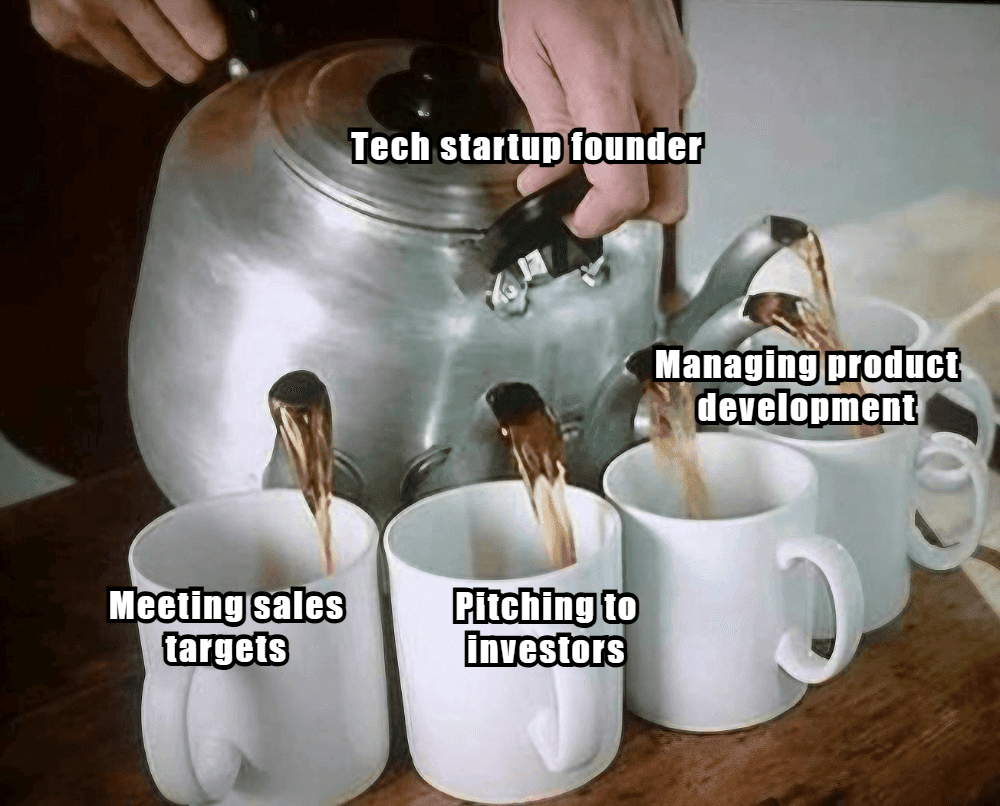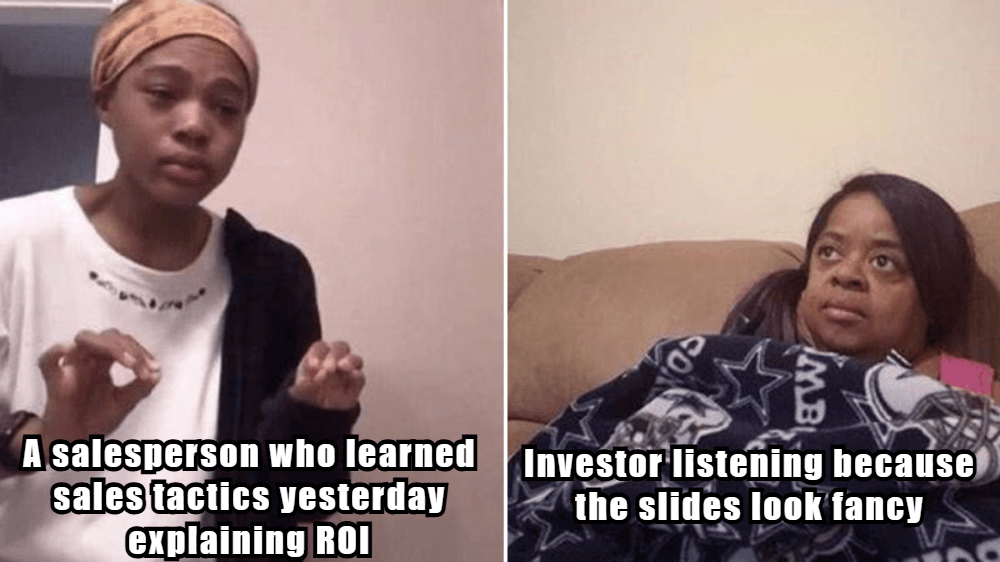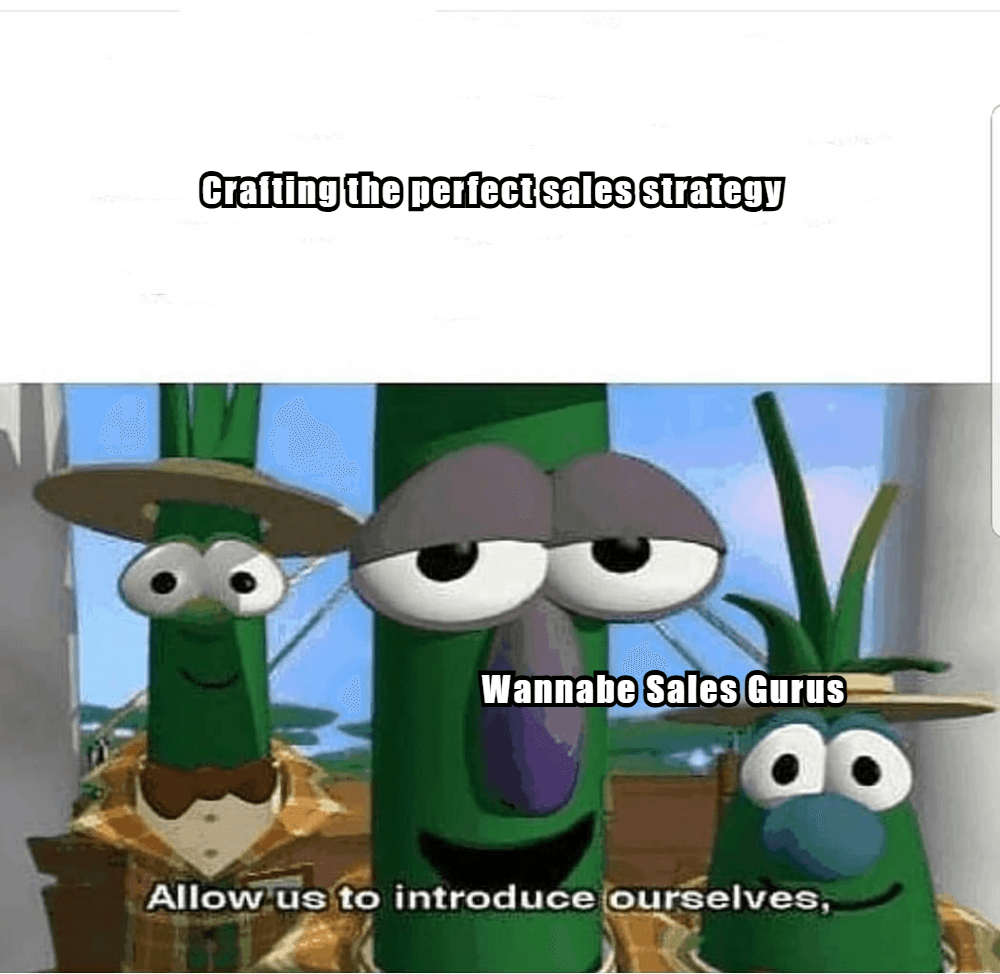Tech Sales Strategy for Startups
In the fast-paced world of technology startups, having a robust sales strategy is crucial for success. As startups navigate the competitive landscape, they must develop effective tech sales strategies that not only drive revenue but also establish a strong market presence. This comprehensive guide will explore key strategies, best practices, and innovative approaches to help tech startups build a winning sales strategy.
Understanding the Tech Startup Sales Landscape

The tech startup sales environment is unique, characterized by rapid innovation, fierce competition, and ever-evolving customer needs. Startups face the challenge of selling cutting-edge products or services that may not have established market demand. This requires a blend of education, problem-solving, and relationship-building to succeed.
According to recent studies, tech startups that implement a well-defined sales strategy are 23% more likely to achieve their growth targets compared to those without a structured approach. This underscores the importance of developing a comprehensive tech sales strategy from the outset.
Defining Your Target Audience

Creating Accurate Buyer Personas
The foundation of any effective tech sales strategy is a deep understanding of your target audience. Startups must create detailed buyer personas that go beyond basic demographics to include:
Industry-specific challenges
Decision-making processes
Technology adoption patterns
Budget constraints and ROI expectations
By developing accurate buyer personas, startups can tailor their sales approach to address specific pain points and demonstrate value more effectively.
Identifying High-Value Accounts
For many tech startups, adopting an account-based selling (ABS) approach can yield significant results. This strategy involves:
Using predictive analytics to identify best-fit accounts
Crafting personalized outreach campaigns
Aligning sales and marketing efforts for consistent messaging
LiveRamp, a SaaS company, successfully implemented an ABS strategy by focusing on 15 high-value accounts, resulting in over $50 million in annual revenue from these targeted efforts.
Building a Scalable Sales Framework

Developing a Comprehensive Sales Process
A well-defined sales process is essential for startup success. This includes:
Clearly outlining each stage of the sales funnel
Defining key activities and metrics for each stage
Implementing a customer relationship management (CRM) system
By establishing a structured process, startups can ensure consistency, improve forecasting, and identify areas for optimization.
Leveraging Technology and Automation
Tech startups should embrace sales enablement tools to streamline their processes and accelerate growth. Key technologies to consider include:
AI-powered lead scoring and prioritization
Sales intelligence platforms for real-time insights
Automated email sequences for nurturing leads
Proposify, a proposal management software company, utilized Gong's revenue intelligence platform to reduce their sales cycle by 50% and improve close rates from 23% to 30%.
Bridging Strategy and Technology Leadership
Scaling a sales strategy isn’t just about scripts, funnels, and buyer personas—it’s also about the underlying technology decisions that support those processes. Startups often face a gap here: the vision is clear, but the technical execution lags because there’s no senior tech leader in the room. That’s where a fractional CTO becomes invaluable. By working part-time or project-based, they provide executive-level input on which tools to adopt, how to future-proof integrations, and where to invest limited engineering hours. This ensures that your sales playbook is backed by systems that can actually grow with you, instead of collapsing under the weight of scaling demand.
Crafting a Compelling Value Proposition

Focusing on Problem-Solving
In B2B tech sales, the emphasis should be on solving specific customer problems. Startups should:
Identify key pain points through customer research
Tailor pitches to address these challenges
Demonstrate tangible value through case studies and ROI calculations
By adopting a problem-solution selling approach, startups can differentiate themselves in a crowded market and build stronger customer relationships.
Developing a Strong Brand Story
A compelling brand narrative can set a tech startup apart from competitors. This involves:
- Articulating a clear vision and mission statement.
Showcasing the unique journey of the startup
Highlighting the expertise of the founding team
Airbnb's "Belong Anywhere" campaign is an excellent example of how a strong brand story can resonate with customers and drive growth.
Implementing Inbound and Outbound Strategies

Content Marketing and Lead Nurturing
Inbound strategies are crucial for attracting and educating potential customers. Tech startups should focus on:
Creating high-quality, educational content
Developing lead nurturing campaigns
Hosting webinars and virtual events
HubSpot's comprehensive blog and educational resources demonstrate the power of content marketing in establishing thought leadership and driving organic growth.
Targeted Outbound Campaigns
While inbound strategies build long-term value, targeted outbound efforts can accelerate growth. Effective outbound tactics include:
Personalized cold email campaigns
Social selling on platforms like LinkedIn
Account-based marketing initiatives
Startups should use a combination of inbound and outbound strategies to create a comprehensive approach to customer acquisition.
Leveraging Partnerships and Ecosystems
Building Strategic Alliances
Tech startups can accelerate growth by forming strategic partnerships. This might involve:
Integrating with complementary technologies
Collaborating with industry influencers
Participating in partner programs of larger tech companies
Uber's partnership with Spotify is an example of how strategic alliances can enhance user experience and drive mutual growth.
Engaging in Tech Ecosystems
Participating in tech ecosystems can provide startups with valuable exposure and credibility. Strategies include:
Attending industry events and conferences
Joining startup accelerators or incubators
Engaging with online tech communities and forums
These efforts can lead to valuable connections, potential customers, and even investment opportunities.
Measuring and Optimizing Performance
Key Performance Indicators (KPIs) for Tech Startups
To ensure the effectiveness of their sales strategy, startups should track key metrics such as:
Customer Acquisition Cost (CAC)
Lifetime Value (LTV)
Sales Cycle Length
Conversion Rates at Each Funnel Stage
Regularly analyzing these KPIs allows startups to identify areas for improvement and make data-driven decisions.
Continuous Improvement and Adaptation
The tech landscape is constantly evolving, and startups must be agile in their approach. This involves:
Regularly reviewing and updating sales strategies
A/B testing different approaches and messaging
Gathering and acting on customer feedback
By embracing a culture of continuous improvement, startups can stay ahead of market trends and maintain a competitive edge.
Conclusion
Developing an effective tech sales strategy for startups requires a multifaceted approach that combines deep market understanding, a scalable sales process, compelling messaging, and continuous optimization. By implementing these strategies and remaining adaptable to market changes, tech startups can build a strong foundation for sustainable growth and success in the competitive technology landscape.
FAQ
Q1: How long does it typically take to see results from a new tech sales strategy?
A: While results can vary, most startups begin to see meaningful improvements within 3-6 months of implementing a new sales strategy. However, significant growth and ROI may take 6-12 months to materialize fully.
Q2: What's the ideal size for a startup sales team?
A: The ideal size depends on various factors, including your product complexity and target market. Generally, startups should start with 2-3 sales representatives and scale as demand grows and processes are refined.
Q3: How important is industry expertise in tech sales?
A: While not always necessary, industry expertise can be highly valuable in tech sales. It helps in understanding customer pain points, speaking the industry language, and building credibility. If lacking, startups should invest in thorough industry training for their sales team.